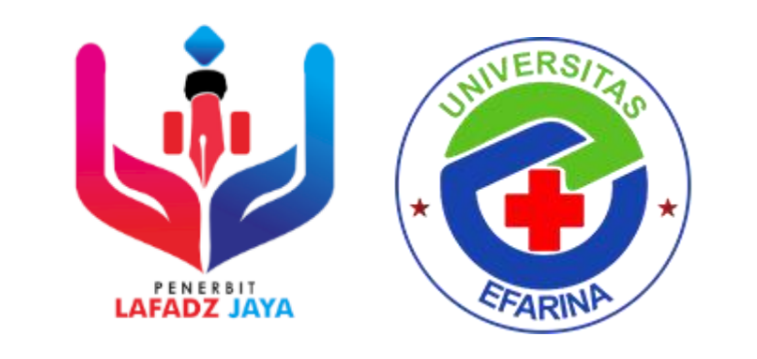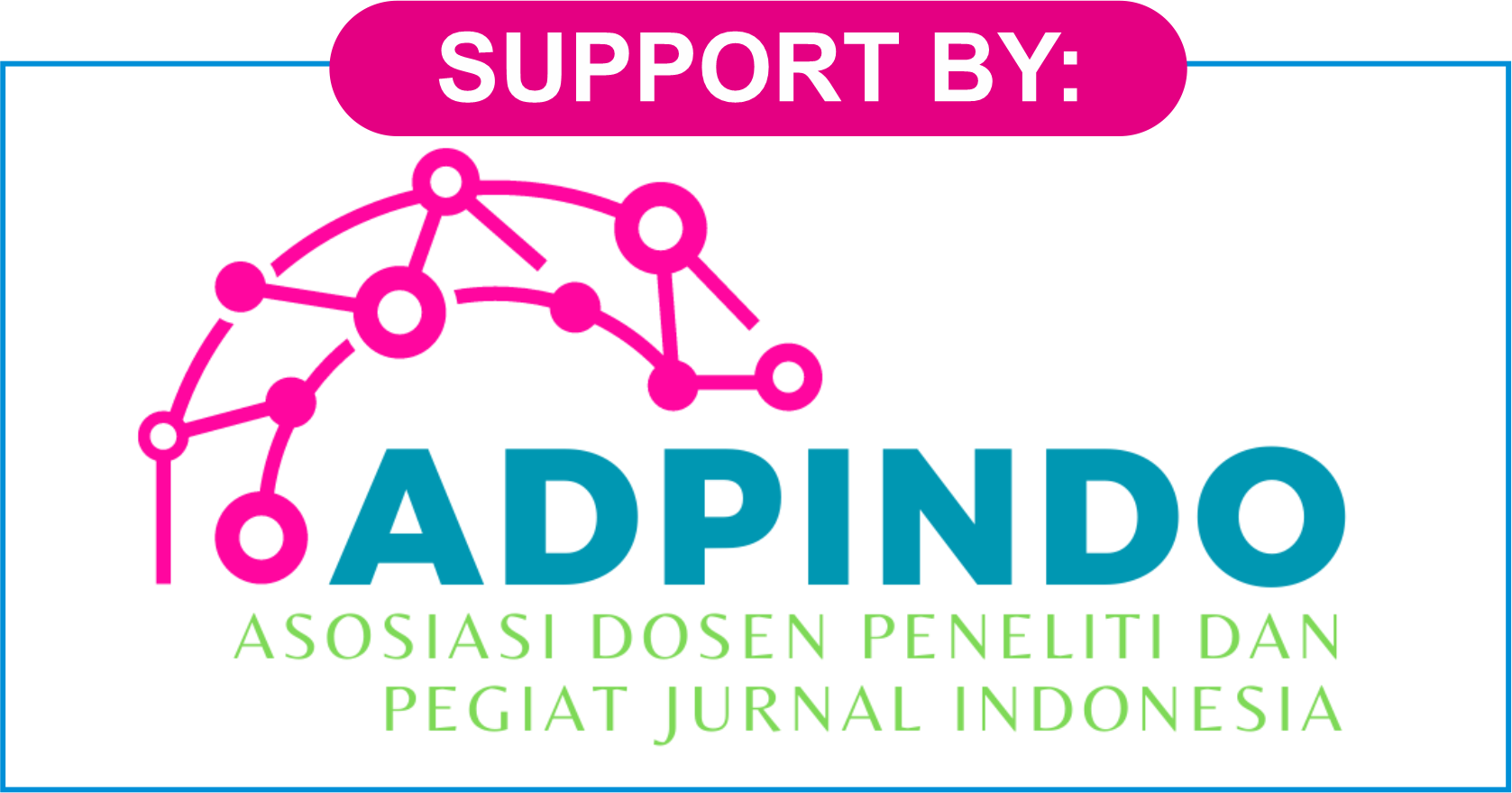Archiving Policy
Jurnal Ilmu Psikologi dan Kesehatan (SIKONTAN) is committed to preserving and providing long-term access to the articles published in the journal. The following Archives Policy outlines the procedures and guidelines we follow to ensure that all content remains accessible and available to the academic community and the general public for years to come.
1. Long-Term Digital Preservation
-
SIKONTAN ensures the long-term preservation of all published articles. Once an article is published, it will remain available in the journal’s digital archive for continued access.
-
To guarantee the ongoing availability of the journal's content, we use trusted digital preservation services and repositories. These services ensure that all articles remain accessible even in the event of a technological failure or website migration.
2. Archiving Platforms
-
All content published by SIKONTAN is deposited in well-established and reputable digital repositories for long-term access. This includes:
-
Open Access Repositories: Articles will be made available in public repositories, where they can be freely accessed and shared, ensuring maximum visibility.
-
Local and National Archives: Articles will be archived in local and national databases to comply with academic standards and governmental regulations.
-
CrossRef: All articles will be assigned a DOI (Digital Object Identifier) and registered with CrossRef, ensuring each article can be reliably located and cited.
-
3. Content Accessibility
-
Articles published in SIKONTAN are open access and are freely available for download without any subscription or paywall. The journal ensures that its archives are open to the public, offering unrestricted access to its content.
-
All published materials, including full-text articles, abstracts, and supplementary content, are freely available in multiple formats (e.g., PDF, HTML).
4. Backup and Security
-
SIKONTAN implements robust security measures to protect archived content. This includes regular backups, encryption, and secure storage of digital files to prevent data loss and unauthorized access.
-
The journal works with trusted third-party services to ensure that the archival system remains secure, resilient, and compliant with relevant data protection laws and guidelines.
5. Version Control
-
If a published article is updated or corrected (such as in the case of errata or retractions), the archived version will be updated as well. Both the original version and the updated version will be preserved for transparency, with appropriate version control to clearly distinguish between them.
-
A clear history of revisions, retractions, or corrections will be maintained and accessible to ensure academic integrity.
6. Retention Period
-
All articles published in SIKONTAN are retained in the archives indefinitely. The journal commits to ensuring the ongoing availability of all articles published since its inception.
-
The retention of articles is in line with the policies of SIKONTAN's digital preservation partners, and no content will be removed unless it violates copyright, ethical, or legal standards.
7. Access to Archived Content
-
The archived content of SIKONTAN is publicly accessible on the journal’s website and through affiliated repositories. Readers can access articles at any time without barriers to access.
-
In the event of a technical issue or website downtime, the journal’s content will still be available through alternative archiving platforms and databases.
8. Compliance with Institutional and Publisher Policies
-
SIKONTAN follows all relevant policies regarding the preservation and archiving of academic content, as set out by our partners, including libraries, academic institutions, and funding agencies.
-
The journal ensures that its archival policies are in compliance with the requirements of institutions, researchers, and funding bodies, making it easier for authors and readers to access and reuse the content.
9. Collaborations and Partnerships
-
SIKONTAN is open to collaborating with academic institutions, libraries, and other relevant partners to enhance the visibility and accessibility of its archives.
-
The journal is continuously looking to expand its archival reach, ensuring that its content remains accessible to a global audience, and collaborates with other repositories to maximize distribution.






